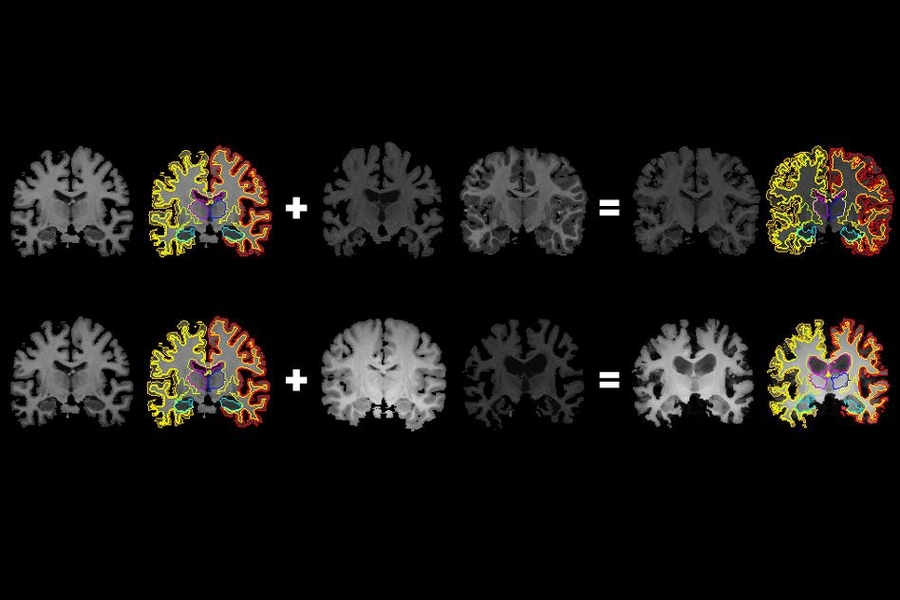Compute Web App
(ex- SoQut Imaging 2017, quantitative MRI software)
Compute Web App (or CWA) is a web software designed to distribute and run scientific intensive parallel data processing on several machine. Each instance can handle a part of input data and thus CWA is able to efficiently handle data sizes up to petabytes (1000 terabytes), useful for quantitative MRI, for instance.
This software project has initially been designed to manage quantitative Magnetic Resonance Imaging intensive data processing (quantitative MRI, qMRI, MRI) for SoQut Imaging (2017-2021, official paper 1, official paper 2). Compute Web App may be used in various other use cases. An heat equation solver example using CWA is given, soon, one for quantitative IRM.
CWA has been developed exclusively during spare-time and will be continued as is. It is now open source, so feel free to visit and contribute to this project.
Why not combine it with hMRI-toolbox, qMRLab or PyQMRI?
Its main dreamt features:
- Fast and easy to deploy,
- Secured process parameters, data and results transfer,
- Simple RESTful API designed to:
- upload data,
- control and monitor processes and
- retrieve results,
- Simple and efficient web interface provided,
- Designed to run processes in parallel,
- Adapted to Cloud computing and to dedicated servers.
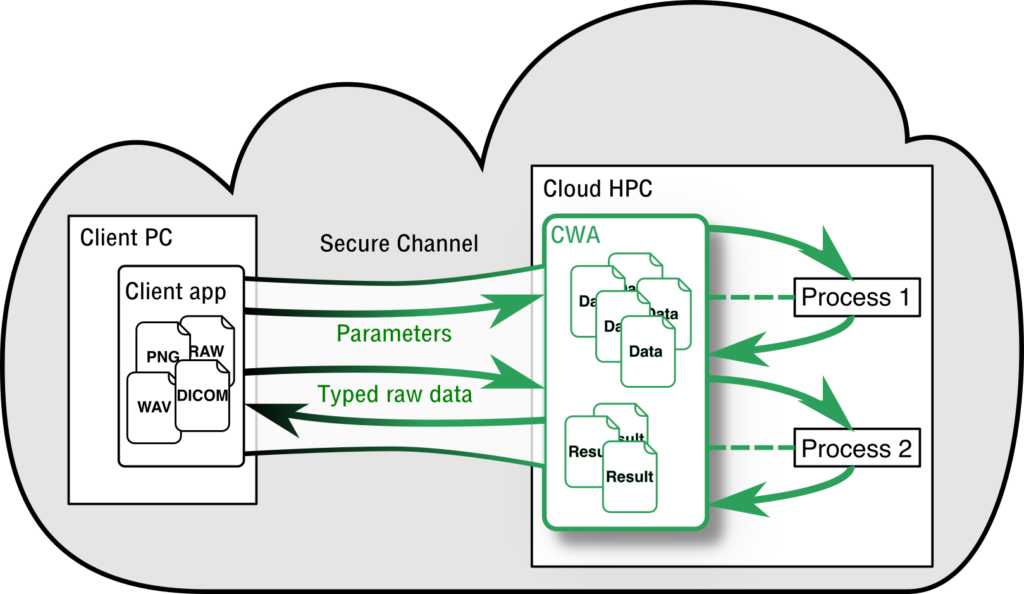
Prepare processes by interfacing them with CWA, develop a simple client application for uploading data and retrieve results and that’s it!
Data and results required to be kept in door? Great, just run it on a local High Performance Computer (HPC) as an “on premise” solution.
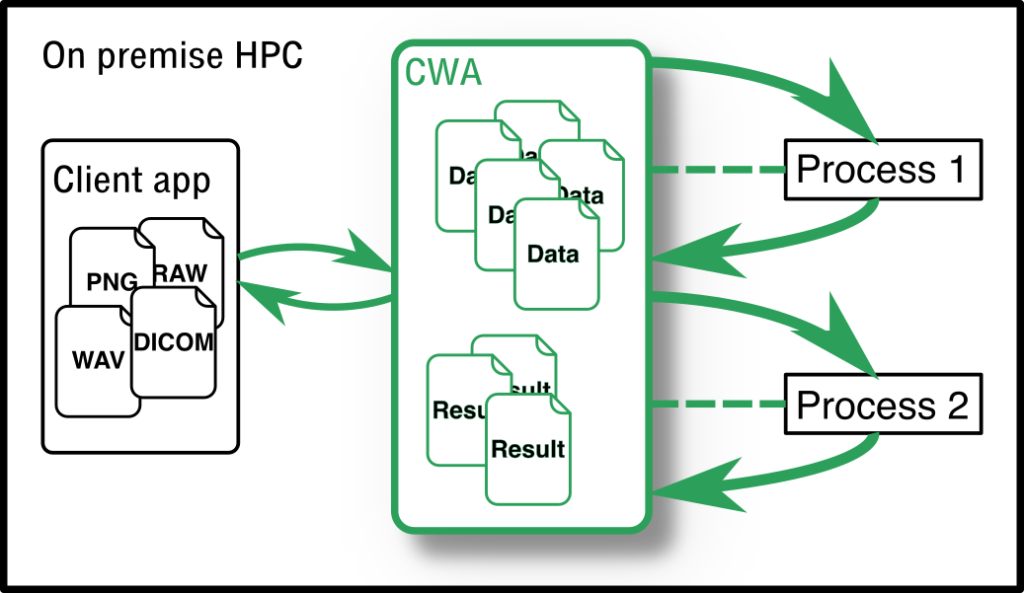
Use case examples
Computational Electromagnetics
Running heavy algorithms like MEEP FDTD to simulate electromagnetic structure may be time and ressource consuming. Using CWA lets one optimize time and efficiency for large simulations campaigns. Send simulations parameters, run them and retrieve results.
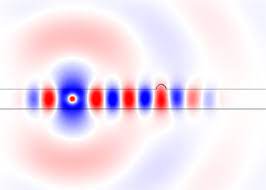
Quantitative Magnetic Resonance Imaging (quantitative MRI, qMRI, MRI, SoQut Imaging 2017-2021)
Quantitative Magnetic Resonance Imaging (quantitative MRI, qMRI, MRI) involves processing DICOM files. These files are not designed for intensive data processing and parallel computation. Using CWA, one can overcome this limitation and, paired with a well chosen PACS (Picture, Archiving and Communication System) software, get a complete intensive data processing software suite “on premise” or in the Cloud. This work has been initially done for SoQut Imaging. Finally, why not combining CWA with hMRI-toolbox, qMRLab or PyQMRI?
An example is available on the repository.
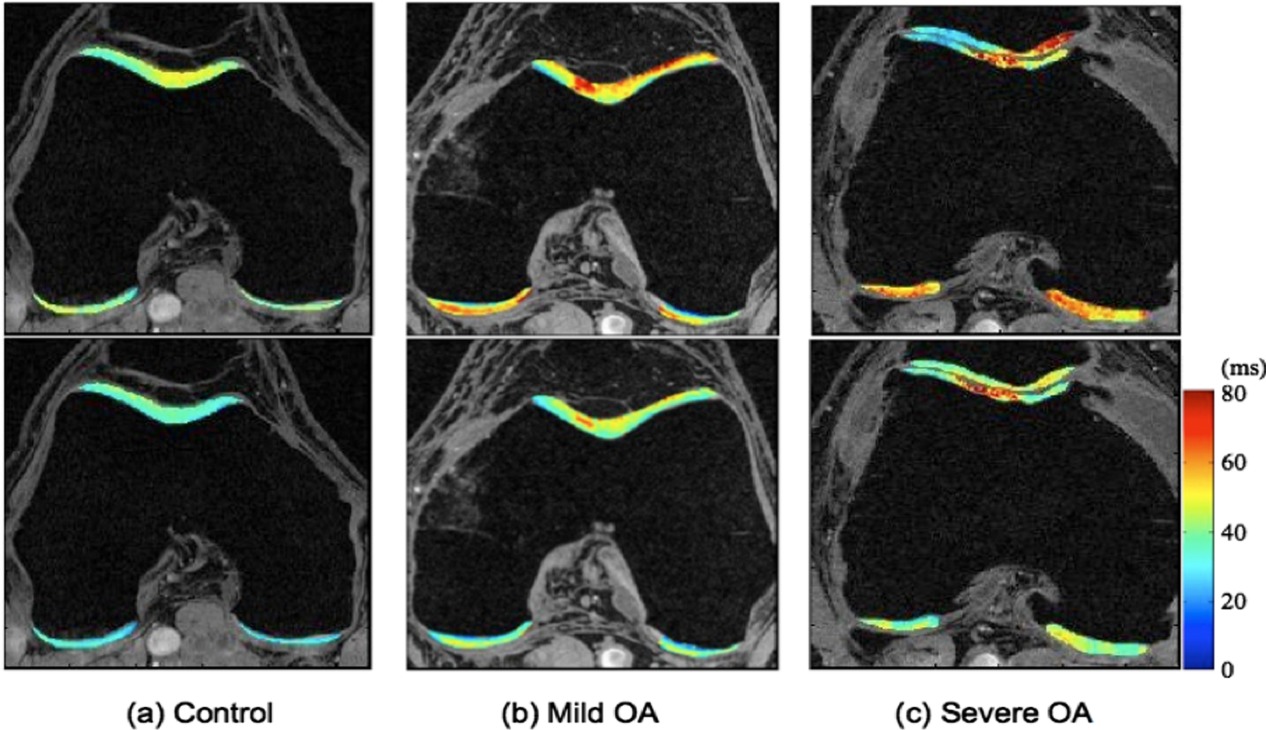
Artificial Intelligence Model Training
Training an AI model may be time and ressource consuming. One can chose a adequate HPC, deploy CWA on it to send data, control and monitor processes designed with Keras, PyTorch or TensorFlow. Send training data with consistent parameters, run model training, retrieve resulting model and it’s done.
